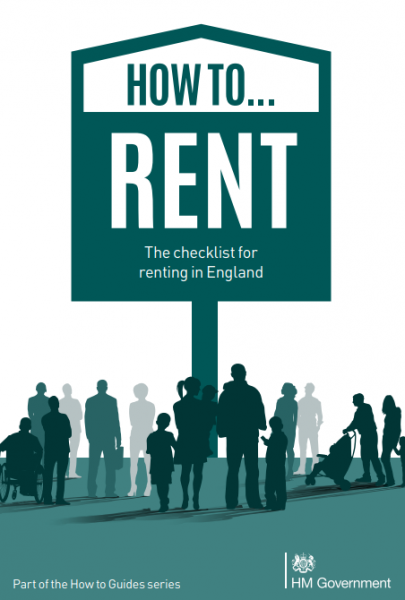Disclaimer:- The responsibility for finding out how to manage any tenancy within the law lies with the landlord. If a landlord needs advice about any aspect of the law then they should contact an independent legal advisor. The Council is not a legal advisor and any comments it provides are not a substitute for legal advice. Therefore the Council does not accept liability for any errors arising when landlords use the Council's website.
Please see important information about illegal eviction.
For landlords commencing the necessary research they need to carry out in order to fulfil their responsibilities, the Government's web pages provide some basic information on tenancy law and how to serve Section 21 or Section 8 Notices. Most notices are served under Section 21 of the Housing Act 1988*.
An important reason why a court might dismiss a landlord’s claim for possession is:-
- Two months’ notice using Form 6a may not have been given.
Other examples of why Section 21 Notices are often invalid include:-
- The Deposit might not have been protected in time.
- An Energy Performance Certificate might not have been provided.
- A Gas Safety Record might not have been issued if there are gas appliances in the property.
- The How to Rent guide might not have been given. Note the "How to Rent" is not a Rent Book, it's an information booklet issued by the Government. You need to download, print off and give to the tenant the correct version. It changes from time to time but the current front page is shown here.

The criteria for a valid Section 21 Notice don’t all apply to a Section 8 Notice. Also, Section 21 Notices don't require the landlord to state grounds for repossession, but Section 8 does require grounds to be provided in court. The notice periods for Section 8 Notices are given on the mandatory prescribed form for Section 8 Notices.
Whether a possession order is granted under Section 21 or Section 8, if the tenant doesn't leave after the notice period, and the landlord still wishes to repossess the property, the landlord must ask the court for possession.
Please feel free to contact the Landlord Relationship Manager if you would like to talk over any of the above examples. In practice the examples given are not comprehensive – each case is different, which is why it is essential for landlords to find out the law themselves and to seek independent legal advice.
Contact: Landlord Relationship Manager: landlordrelations@eaststaffsbc.gov.uk - 01283 508149
